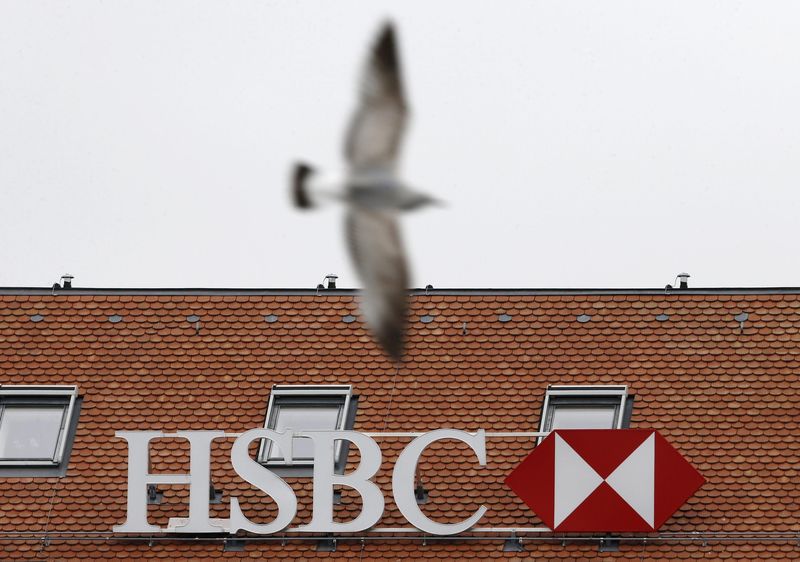By Katharina Bart
ZURICH (Reuters) - Swiss lawmakers plan to question the country's financial watchdog about HSBC's Swiss bank to determine whether parliament needs to take a more active role in investigation of a trove of details on alleged tax evasion by some of the bank's wealthy clients.
The Alpine nation's banking sector is back in the spotlight after media reports said that customers of HSBC's Swiss subsidiary had been helped to conceal millions of dollars of assets, sparking regulatory inquiries and an admission by Europe's largest lender of failings in compliance and controls
"The committee wishes to inform itself of the situation directly in order to be able to judge whether any parliamentary action is needed in terms of oversight," a control committee of Switzerland's upper house of parliament said in a statement.
The move is an unusual show of parliamentary influence over Swiss financial regulator FINMA, which said that it had taken note of the committee's decision and would make itself available for inquiries.
In addition to the tax evasion allegations sparked by whistleblower Herve Falciani, a former IT employee at HSBC, the bank is also the subject of a separate criminal inquiry into alleged money laundering, instigated by Geneva's public prosecutor on Wednesday.
FINMA had first investigated HSBC as long as four years ago, when it criticized the bank's internal controls, and it said on Thursday that two previously unpublicised investigations had found that HSBC violated money laundering guidelines.
The regulator said it had ordered remedial measures, which HSBC implemented, though FINMA gave no further detail.
"These are cases from the past," the watchdog said on Thursday. "FINMA has since investigated the bank's anti-money laundering procedures thoroughly."
The previous investigations have come to light at a time when FINMA is adopting a far more public approach to sanctioning errant bankers under new head Mark Branson.
Ursula Cassani, a professor of law for the University of Geneva, told Swiss television on Thursday that HSBC could face a fine of up to 5 million Swiss francs ($5.28 million) if it is proved to have been complicit in money laundering, adding that the reputational fallout would be far more damaging.
Any individuals targeted by the criminal inquiry could face up to five years in prison and a fine if found guilty, according to the law on aggravated money laundering.

($1 = 0.9473 Swiss francs)